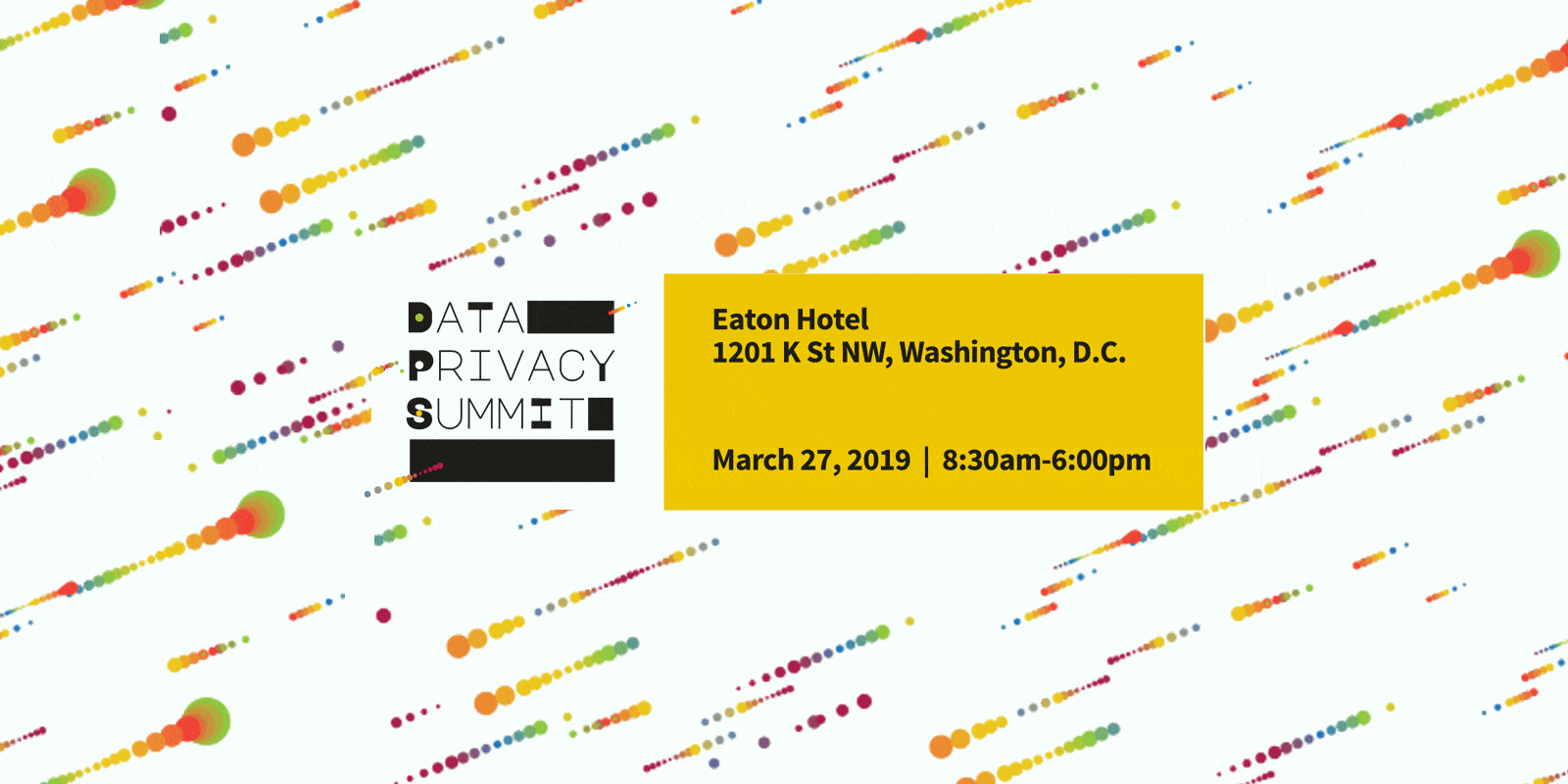Join us on March 27, 2019, for the Data Privacy Summit, a full-day event to explore the current landscape for privacy and data in the United States, and to chart a path forward for a user-centered data protection framework.
From the scandals around Facebook and Cambridge Analytica to the passage and implementation of data protection laws in Europe, Brazil, California, and around the world, the topic of privacy is more prominent than ever. And while this topic has become increasingly popular among legislators, recent hearings have excluded civil society voices and, in particular, representatives from communities that are most at risk of harm from data misuse.
The Data Privacy Summit, hosted by Access Now, will bring together privacy experts across different fields for an interactive dialogue. Confirmed speakers include:
- Marshall Erwin, Senior Director of Trust & Security, Mozilla Corporation
- Francella Ochillo, VP of Policy & General Counsel, National Hispanic Media Coalition
- Ryan Carroll, Policy Specialist, U.S. Department of Commerce
- Susan Lyon-Hintze, Founder and Managing Partner, Hintze Law
- And many more
Throughout the day, participants will map the current data privacy debate, identify where consensus exists, and narrow existing questions where more clarity is needed. This event is designed to achieve meaningful progress toward a comprehensive, rights-respecting data protection framework in the United States. See the full event agenda here.
We encourage you to RSVP as early as possible, as space is limited and registration is likely to go to a waitlist. If you are not able to attend in person, you can follow along via the livestream that will be made available on the event page.
For questions about the event or requests for interviews, please contact Amie Stepanovich, U.S. Policy Manager, Access Now at [email protected].
Data Privacy Summit
https://www.accessnow.org/data-privacy-summit/
Eaton Hotel
1201 K Street NW
Washington, D.C.
8 a.m. to 6 p.m.

